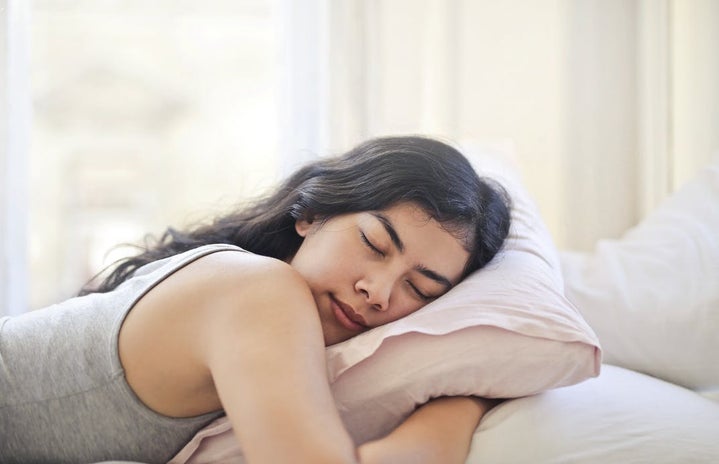True story – this piece was inspired by a psych lecture on the circadian rhythm that I attended last week- one that felt more like a personal attack than an academic session. Sure, we all know that sleep is important. Like the average, putting-of-my-assignments-till-the-very-last-minute, binge-watching college student, I’ve experienced my fair share of late nights that turn into early mornings, turning up to 9 am classes with about three hours of sleep.
Several people mention they experience a surge in energy at around 11.30 pm to 12 am, and they channel this into doing something else. Scarily enough, this surge of energy that you experience last at night or early in the morning is the energy that your body uses to rejuvenate itself when you’re asleep, and if you redirect it to other activities by staying up, you tire your body out more.
Convinced that I had to make a change to a better lifestyle, I was determined to adopt a much healthier, more human sleep cycle, only to realize that I’d pretty much forgotten how to go to sleep on time. Somehow, it was so much harder for me to convince myself to put a halt to everything at around 11 pm and go to sleep because now, I was just so used to staying up every night. As with nearly every other problem I’ve encountered in my life, I turned to the Internet for help.
- Only sleep on your bed: Restrict the usage of your bed to sleep alone. Try not to study, eat, watch, read or do anything else on your bed. This conditions your body to fall asleep easier because now your body realizes that when you’re lying down on your bed, it usually means you’re ready to go to sleep.
- Stick to a routine: Try to go to bed and wake up at the same time every day. Be realistic in your goals and make sure to fit in at least a good 6 to 7 hours. Sure, you’ll always have those days where you might be forced to stay up late to submit an assignment or wake up early to fit in some extra work, but on the whole, try to stick to a standard schedule.
- Avoid blue light usage a couple of hours before you sleep: The excess exposure to light (especially blue light which is super bright) will convince your body that it’s still day time, and mess with your body clock, since the body uses light as an indication of when and when not to release sleep hormones. Stay off of blue light before you hit the bed. You could do this by downloading apps on your phone and laptop that reduce the amount of blue light exposure after a certain point.
- Restrict naps to a maximum of 30 minutes: Long day time naps may end up causing more harm than actual help. Allowing yourself to go into deep sleep plays with your sleep schedule ad confuses your body. Alternatively, you also experience sleep inertia where you end up feeling more confused and disoriented as opposed to refreshed and relaxed after a nap.
- Plan your diet: Try to wrap up your dinner a few hours before you go to sleep. Your body needs time and energy to digest the food, and going to sleep immediately after eating interferes with both digestion and your sleep cycle at once. That doesn’t mean you should go to sleep hungry either. Additionally, avoid nicotine, alcohol, caffeine, and generally any stimulant that forces you to stay up.
- Make sure your environment is ideal for sleep: The body falls asleep most easily in a cool dark environment. The ideal temperature seems to be from somewhere around 18 degrees Celsius to 20 degrees Celsius. Make sure your pillow, mattress and bedsheets are clean and comfortable, suited to your body and your tastes.
- Practice falling asleep: The first few days, possibly even first week, isn’t going to be easy, especially after you’ve become so used to falling asleep late. Force yourself to shut off work and go to sleep at a set time, even if you feel like you aren’t sleep enough and eventually, your body will set into a rhythm
- Know when to approach your doctor: If you do experience consistent difficulty in falling asleep, take a step back and approach your doctor. Get yourself tested for any sleep disorders that may require specialized treatment.


